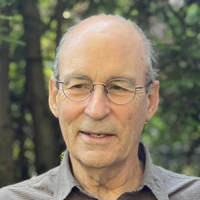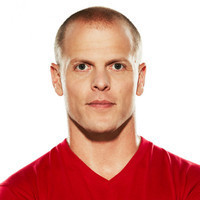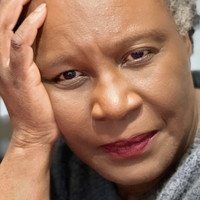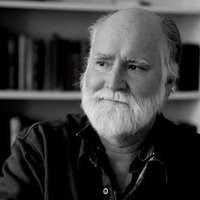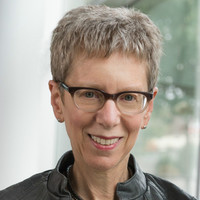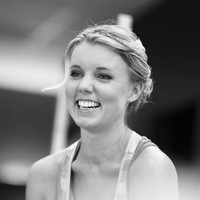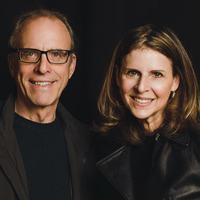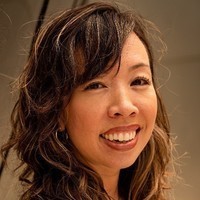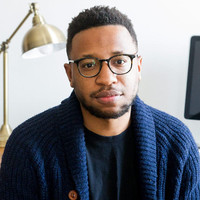David Remnick is the editor of The New Yorker.
“I think it’s important — not just for me, but for the readers — that this thing exists at the highest possible level in 2016, in 2017, and on. That there’s a continuity to it. I know, because I’m not entirely stupid, that these institutions, no matter how good they are, all institutions are innately fragile. Innately fragile.”
Thanks to MailChimp, Audible, EveryLibrary, and Igloo for sponsoring this week's episode.


